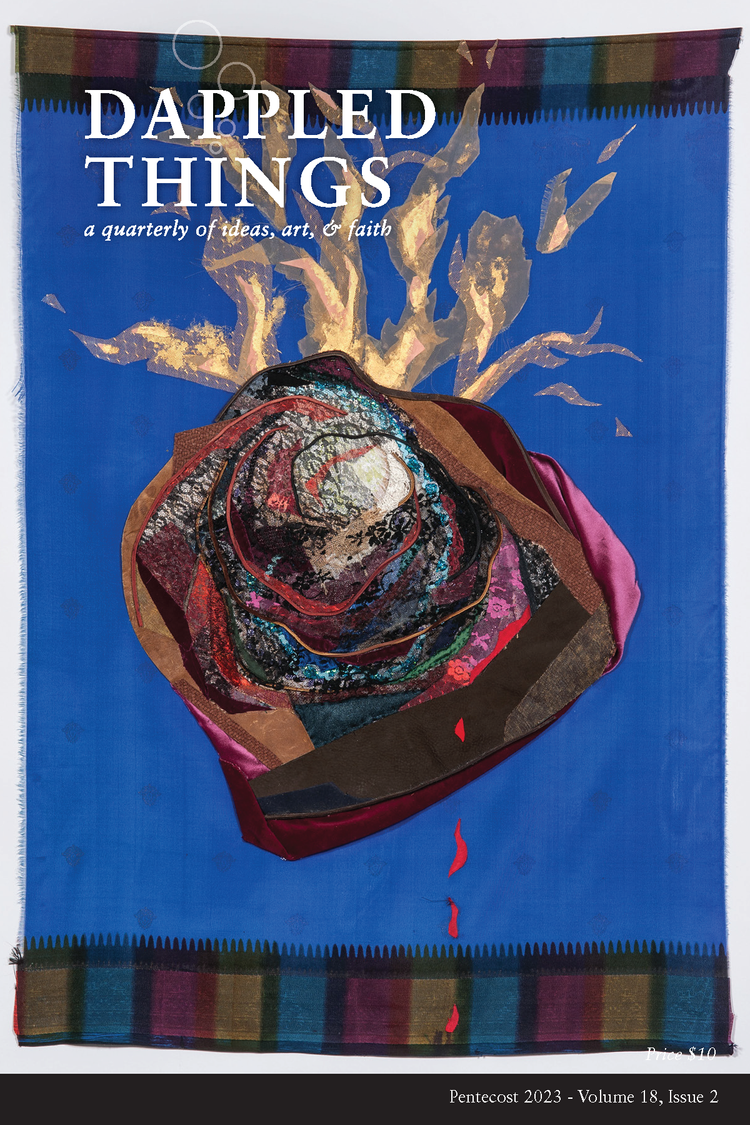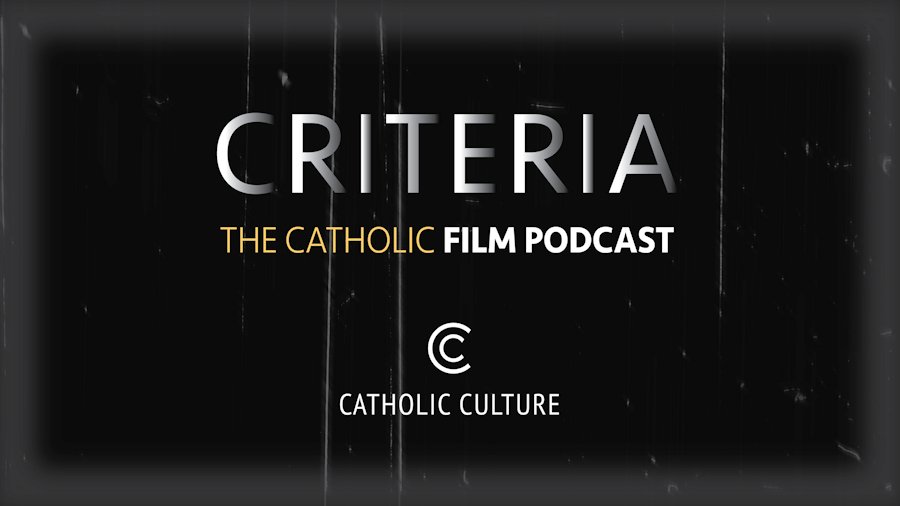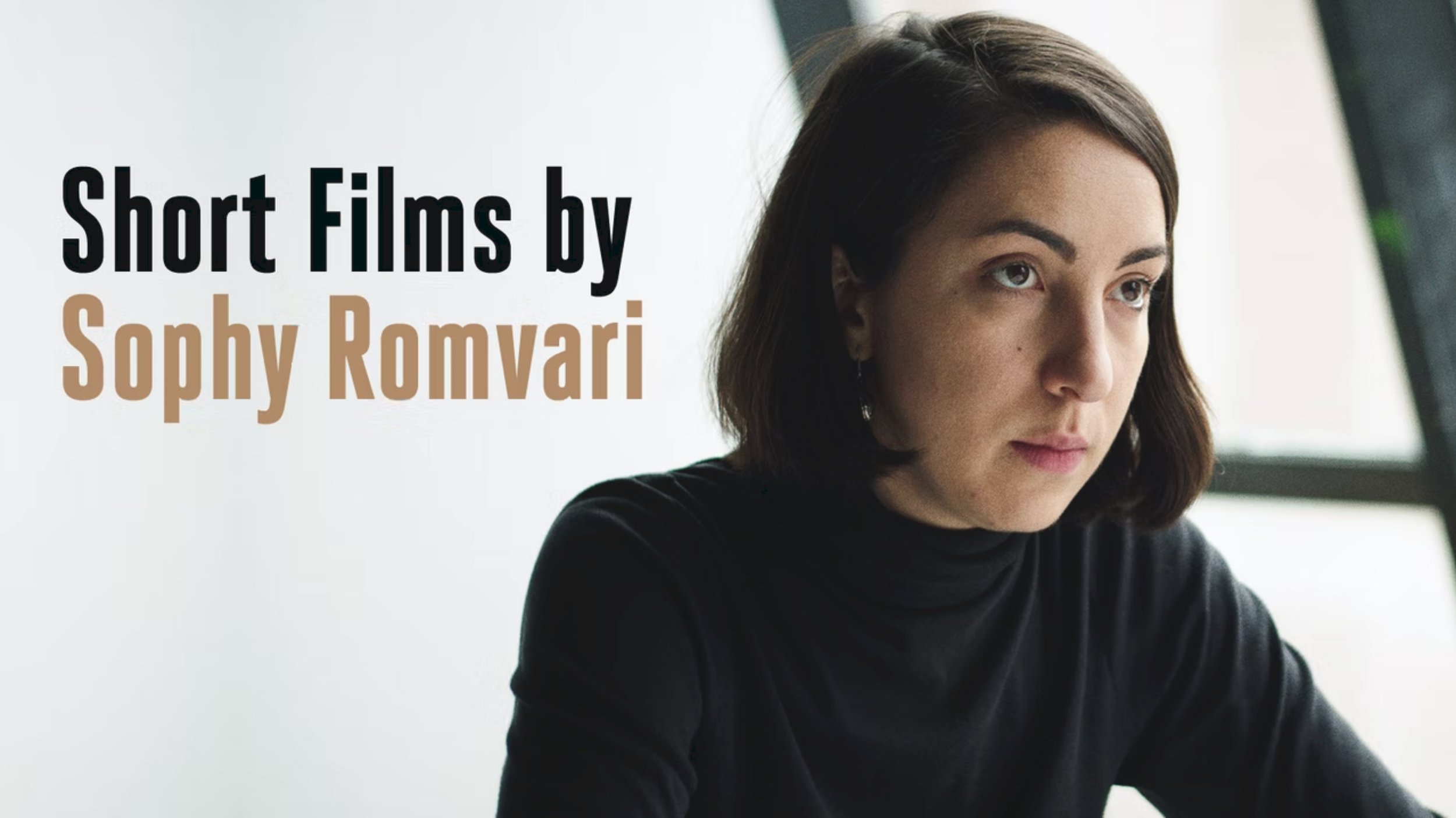I'm very excited to share that a new essay of mine, The Vocation of the Cinephile, is now available in the Pentecost issue of Dappled Things. As the title hints, it is an exploration of the 'vocation' of the cinephile as a truly contemplative and creative way of loving cinema.
I owe a debt of gratitude to editor Katy Carl for the invitation to collaborate on this piece, as well as for her patient feedback and encouragement during its development. Thank you, Katy and team!
This essay is one of two pieces on cinema in this issue. I'm eagerly awaiting my print copy to read Bradley D. Williams's "Meaning in Western Film Art: The Path to Postmodernity," as well as new poetry and prose by some incredible writers.
If this sounds like your jam, you have two options for reading this:
If you are able, I would recommend buying a print copy, as that remains the most practical way to support a small publication that is doing so much to promote not only Catholic literary art, but important discussions around art in general. But if that isn’t possible, please do share the essay widely. It is my fervent hope that it will contribute something useful to broader conversations about the meaning of cinephilia, as well as the meaning and use of cinema by Christians.




